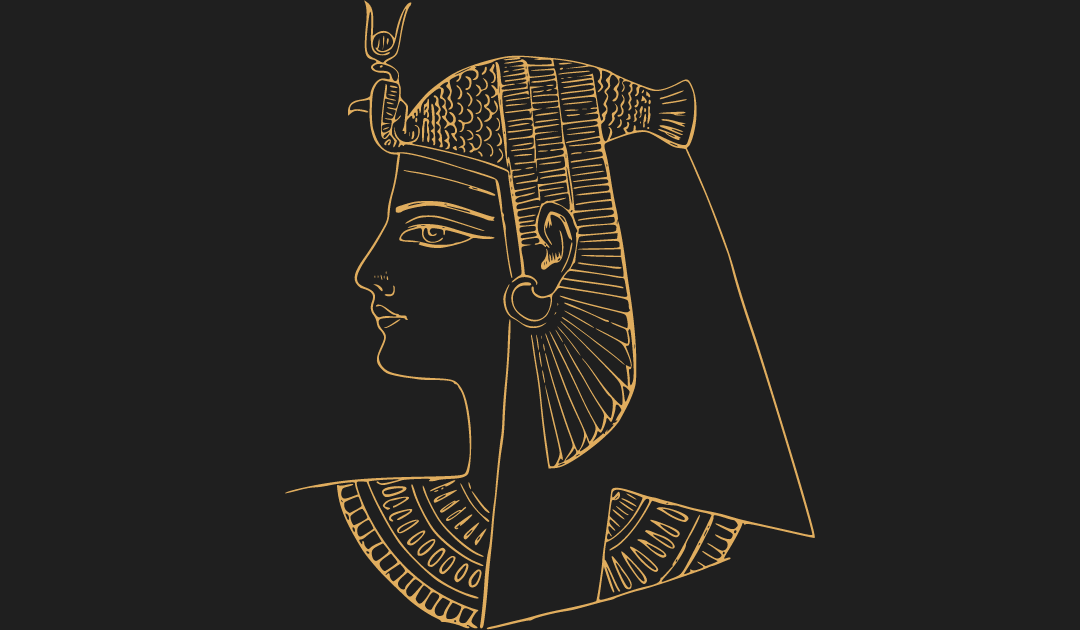By Hank Hanegraaff
The apostle Paul explicitly stated that God hardened Pharaoh’s heart (Romans 9:17–18). That, of course, raises this question: “If God determined to harden Pharaoh’s heart, then how is God just in holding Pharaoh morally responsible for his sins?”
First, although God promised Moses that He would harden Pharaoh’s heart (Exodus 4:21; 7:3), the Exodus account under- scores the fact that Pharaoh was responsible for hardening his own heart: “But when Pharaoh saw that there was relief, he hardened his heart and would not listen to Moses and Aaron, just as the Lord had said” (Exodus 8:15; see also Exodus 7:13, 22; 8:19, 32; 9:7; cf. 9:34).
Furthermore, far from hardening Pharaoh’s heart in a direct or deterministic fashion, God presented Pharaoh with ample opportunity and free choice to either repent or continue to rebel. Every time God showed Pharaoh mercy and removed a plague from Egypt, Pharaoh responded with stub- born disobedience. As such, God’s mercy was the occasion for the hardening of Pharaoh’s heart.
Finally, in dealing with this issue, the apostle Paul began with the presupposition that God judges all men justly (Romans 3:5–8). He emphasized the fact that people like Pharaoh are “prepared for destruction” because that is ultimately what they will for themselves. Every time God provides an opportunity to repent, too many people do as Pharaoh did: they harden their hearts in disobedience and unbelief.
When Pharaoh saw that the rain, the hail, and the thunder had ceased, he sinned yet more; and he hardened his heart, he and his servants. So the heart of Pharaoh was hard; neither would he let the children of Israel go, as the Lord had spoken by Moses.
Exodus 9:34–35 NKJV
For further study, see Paul Marston and Roger Forster, God’s Strategy in Human History, 2nd ed. (Wipf and Stock Publishers, 2000).
***Note the preceding text is adapted from The Complete Bible Answer Book: Collector’s Edition: Revised and Expanded (2024). To receive for your partnering gift please click here. ***
